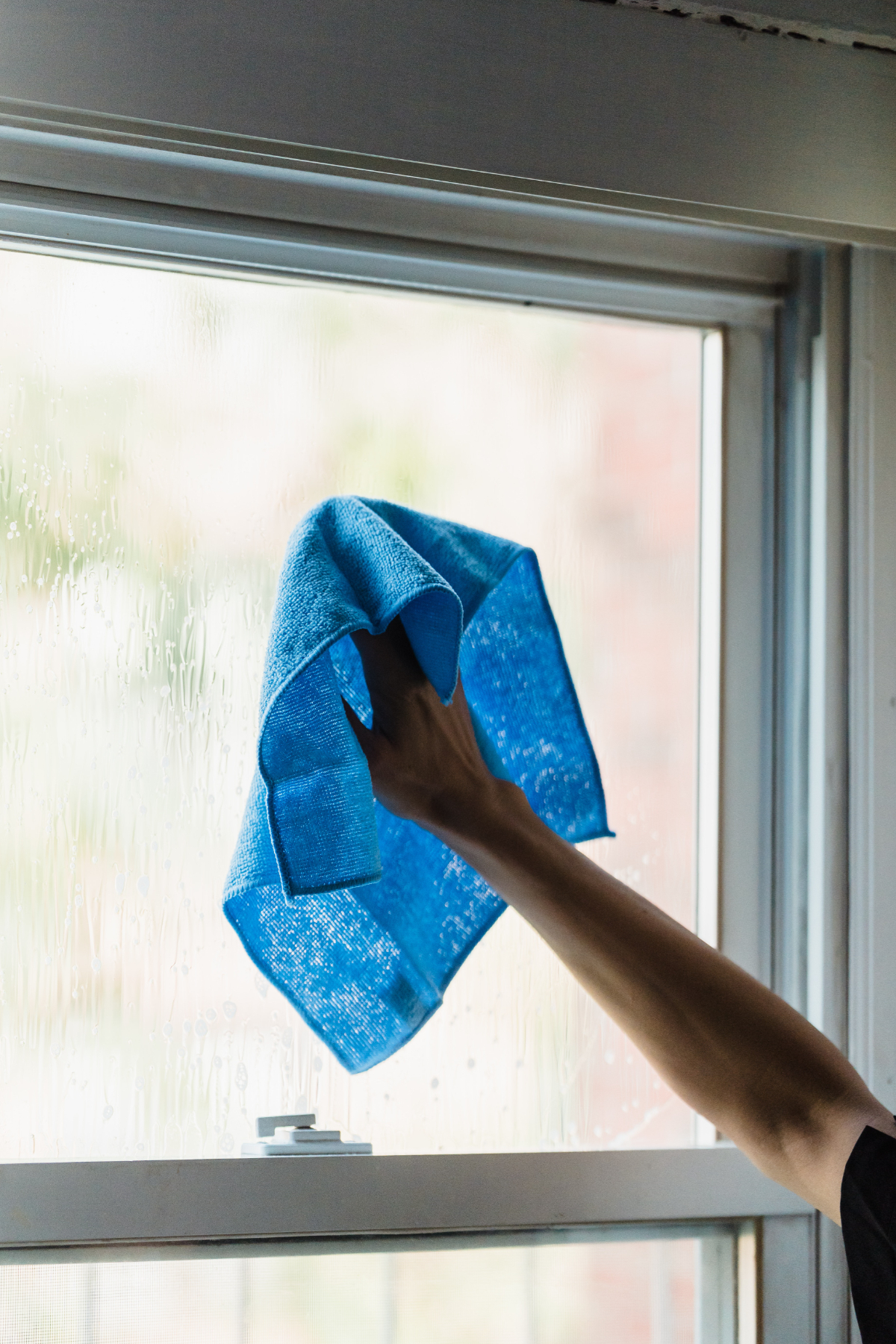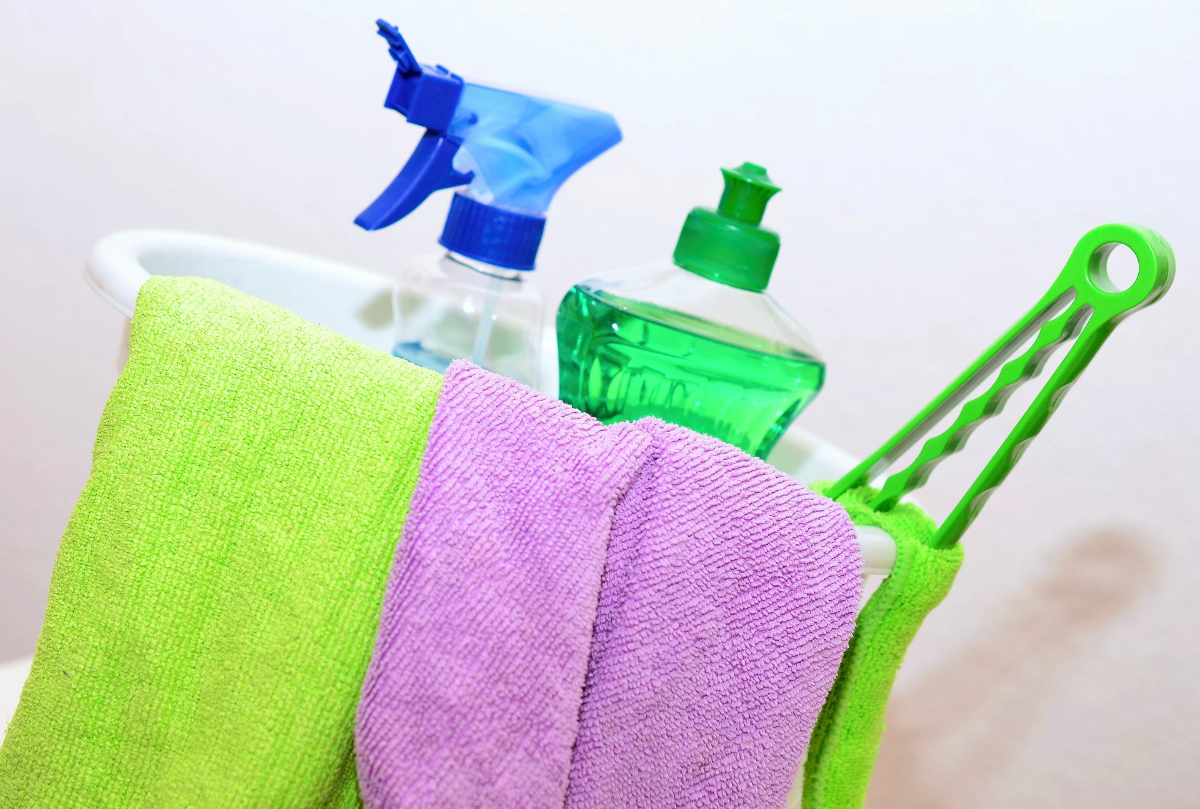Understand when and how landlords can charge for cleaning at the end of a tenancy. Learn about tenant responsibilities, legal guidelines, and what constitutes fair wear and tear.
Can Landlords Charge For Cleaning At The End Of Tenancy?
The answer largely depends on the condition of the property at the beginning of the tenancy and what was agreed in the tenancy agreement. A tenancy agreement often outlines the responsibilities of both the landlord and the tenant regarding property maintenance and cleanliness.
Typically, landlords cannot charge tenants for cleaning if the property was clean when they moved in and is left in a similar condition, accounting for fair wear and tear. Fair wear and tear refers to the gradual deterioration of a property over time, which is considered normal usage.
For instance, minor scuffs on walls or worn carpets would fall under this category and should not be cause for deductions from the tenant’s deposit. However, if the property is not up to the required standard of cleanliness, the landlord may deduct cleaning costs from the deposit to cover the cleaning service provided.
The required standard is generally what is considered reasonable and comparable to the state when the tenant moved in, excluding the fair wear and tear. To avoid disputes, it is essential for both the landlord and tenant to undertake an inventory check at the start and end of the tenancy.
This usually involves listing and photographing the condition and contents of the property. It is also recommended that tenants thoroughly clean the property before vacating. Tenants should also be aware that deductions from the deposit for cleaning must be reasonable and justifiable.
It should only cover the actual cost of cleaning to return the property to its original state. Tenants have the right to contest any unreasonable deductions through a deposit protection scheme or other means specified in the tenancy agreement.
What Will Your Landlord Be Looking For?
Landlords will check the overall cleanliness of the property by comparing it to its condition at the start of the tenancy. They will look closely at the kitchen, bathroom, and living areas, making sure all surfaces are free of dust and grime.
The oven and other kitchen appliances should be cleaned inside and out. Carpets should be vacuumed or professionally cleaned if heavily soiled, and any stains removed. Windows should not have marks, and walls should be free of scuff marks where possible.
If the property was professionally cleaned before the start of the tenancy, the landlord might expect it to be at the same professional standard at the end.

However, tenants need to understand what falls under fair wear and tear. For example, small marks on walls or carpet flattening are considered normal wear and tear, and tenants should not be charged for these. The landlord or letting agent may carry out a final inspection using the inventory report made at the beginning of the tenancy. Any discrepancies will be noted.
To avoid misunderstandings and disputes, document the property’s state before moving out. Take photos and keep a copy of the original inventory report. If you meet the required cleaning standard and provide proof, it can help avoid unnecessary cleaning charges and ensure the full deposit is returned.
What About A Request For A Professional Clean?
In some cases, a landlord might request a professional cleaning to be done at the end of the tenancy. This usually depends on the property's size and whether a professional cleaning was conducted before the tenancy began. Importantly, the Tenant Fees Act states that a landlord cannot force tenants to pay for a professional cleaning service unless it is explicitly specified in the tenancy agreement. Tenants have the option to clean the property themselves to an acceptable standard or hire a professional cleaning company if they prefer.
However, it is vital that the cleanliness meets a standard that would be deemed acceptable. If the tenant fails to leave the property in a clean state, and a professional cleaning is subsequently required, the landlord may deduct the cleaning cost from the tenancy deposit.
To prevent disputes and potential financial deductions, tenants should thoroughly read their tenancy agreements and seek clarification if needed. Ensuring the property is left in a clean and acceptable condition can save both time and money, reducing the likelihood of disagreements. Tenants should keep records of their cleaning efforts, including photos, to provide evidence if any disputes arise. Taking these steps can help tenants retain their deposit and maintain a good relationship with their landlord.
What Does 'Legitimate & Fair' Mean?
The term 'legitimate and fair' in the context of end-of-tenancy cleaning refers to the reasonableness of the cleaning charges and conditions set by the landlord.
Cleanliness should be judged based on the state of the property at the beginning of the tenancy. Fair wear and tear, the normal wear resulting from regular use of the rental property, should not result in charges.
For example, minor marks on walls or slight carpet wear are acceptable and should not lead to deductions from the deposit. Under the tenancy deposit scheme, landlords must prove that any deductions for cleaning are fair and legitimate.
This means they must provide an inventory check-in and check-out report detailing the condition of the property when tenants moved in and when they left.

If the property is left in a state beyond normal wear and tear, then the landlord is justified in charging for cleaning. Charges must be reasonable and reflect the actual cost of bringing the property to a rentable condition. It is important for tenants to be aware of what qualifies as fair wear and tear versus damage. Routine cleaning and minor scuffs typically fall under fair wear and tear.
However, significant stains, dirt, or damage do not. Tenants are encouraged to document the property's condition upon move-in and move-out through photographs and notes. This evidence can be crucial if there is a dispute regarding deductions. By understanding these guidelines, tenants and landlords can both ensure that the process of end-of-tenancy cleaning is handled fairly, avoiding unnecessary conflicts and promoting transparency.
How Can I Clean The Property Myself?
To avoid any cleaning charges at the end of the tenancy, tenants can choose to clean the property themselves. Here are some tips to help you clean the property to a high standard. Start early and give yourself plenty of time before moving out to clean each room thoroughly.
Rushing the job might mean missing crucial areas, leading to potential deductions from your deposit. Refer to the inventory report made at the start of the tenancy to ensure that everything is left in its original condition. This will help you avoid disputes about damages or cleanliness.
Focus on high-traffic areas like the kitchen and bathroom. Clean appliances, remove limescale, scrub tiles, and deep clean the oven to make sure these areas are spotless. For carpets and floors, vacuum all carpets and consider a professional cleaning service if there are significant stains. Wash all floors to remove dirt and dust, ensuring they are left as you find them.
Ensure all windows are cleaned inside and out, and any mirrors are free from streaks and fingerprints, as these are easily noticeable and can affect the overall appearance of the property. Wipe down walls to remove marks and clean skirting boards to get rid of dust buildup.
This will ensure that the property looks well-maintained. Clean under and behind furniture. If the property is furnished, ensure that all items are in good condition and dust-free. Pay special attention to areas that might be overlooked, such as light fittings and curtain rails.
On the last day, do a final walkthrough to check every room. Make sure nothing is left behind and that the property is in excellent condition. These steps can help ensure that the property meets the required standard and can help avoid any cleaning costs deducted from the deposit. Following these guidelines will not only save money but also help maintain a good relationship with the landlord or agent, potentially leading to a smoother return of your full deposit.
Are you looking for end of tenancy cleaning services in Caernarfon, Anglesey and Gwynedd? For more information on how to keep your kitchen spaces cleaned or to hire a professional service, be sure to contact our team.


